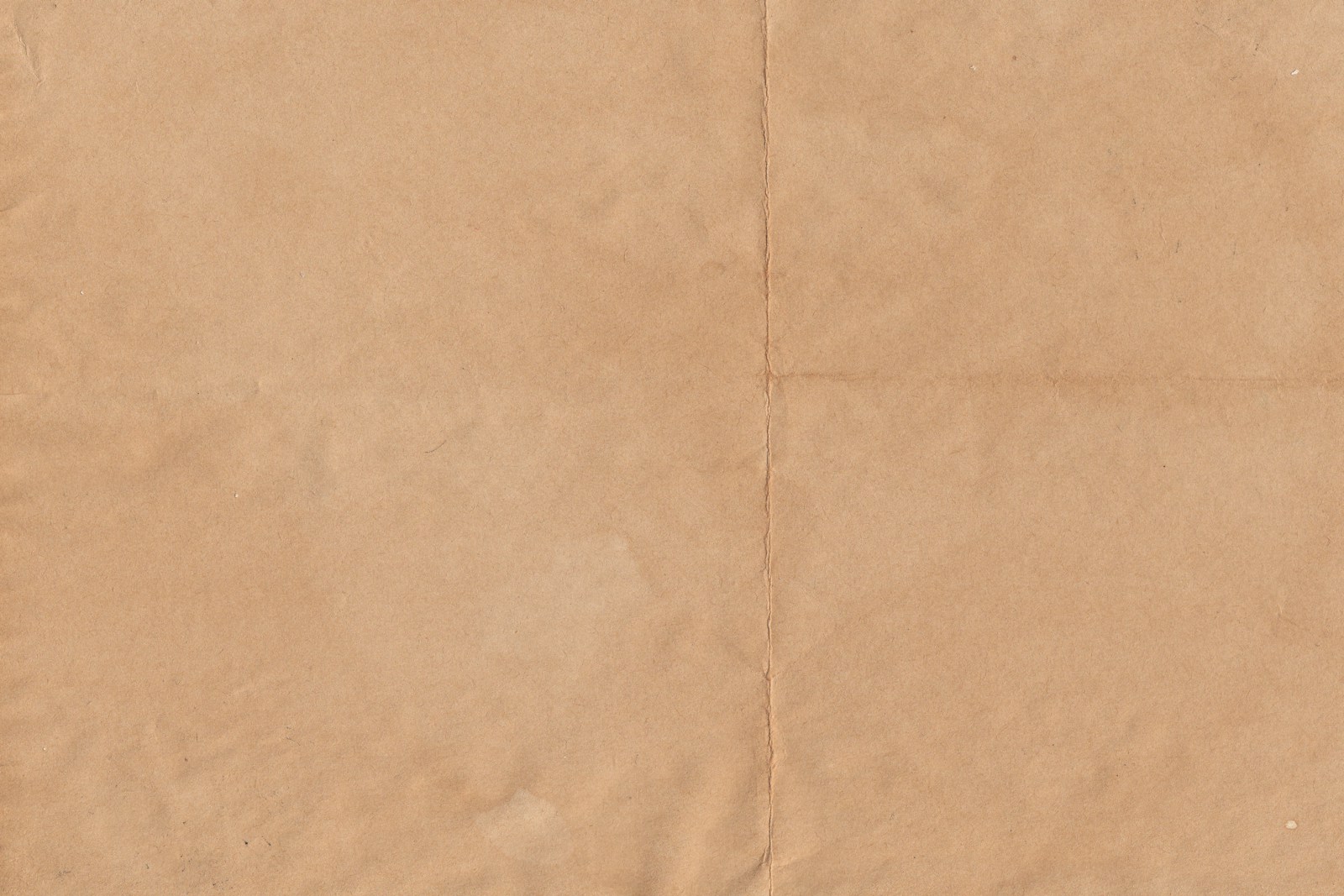
有棕色头发
yǒu zōngsè tóufà

having brown hair
The phrase '有棕色头发' is used to describe someone who possesses hair that is brown in color. In Chinese, '有' means 'having,' '棕色' translates to 'brown,' and '头发' means 'hair.' This phrase can be used to provide a physical description of a person in both casual and formal contexts.
Example sentences using: 有棕色头发
她有棕色头发,笑得很开心。
tā yǒu zōngsè tóufǎ, xiào de hěn kāixīn.

She has brown hair and smiles happily.
This phrase describes a girl with brown hair who appears joyful. It demonstrates how physical traits can be connected to emotions, indicating a positive demeanor.
他是一个有棕色头发的男孩。
tā shì yī gè yǒu zōngsè tóufǎ de nánhái.

He is a boy with brown hair.
This sentence identifies a boy specifically by his hair color, emphasizing that he has brown hair, which is a notable characteristic for identification.
她的朋友们都喜欢有棕色头发的人。
tā de péngyǒumen dōu xǐhuān yǒu zōngsè tóufǎ de rén.

Her friends all like people with brown hair.
This phrase implies a preference among her friends for individuals with brown hair, illustrating a social context where physical appearance plays a role in attraction or friendship.